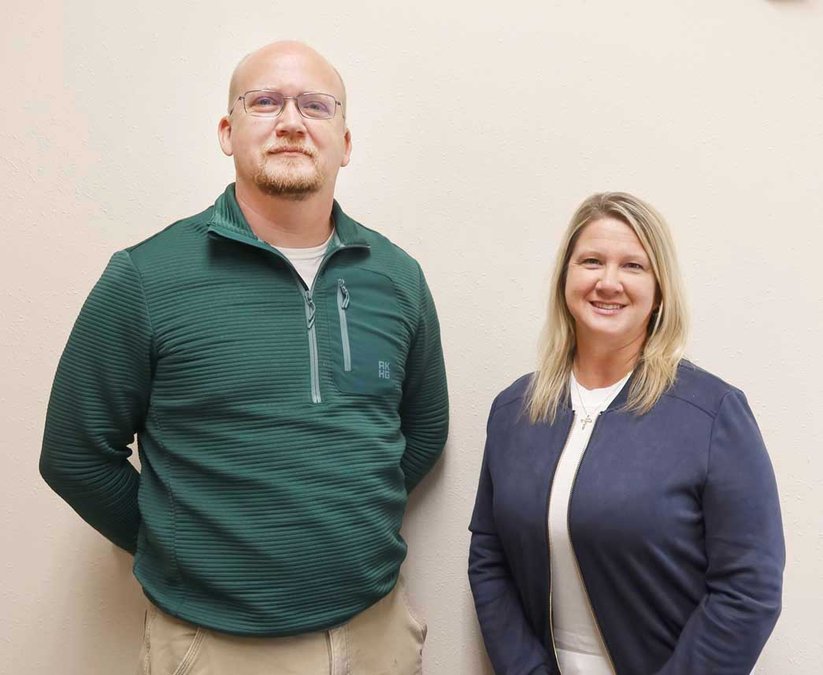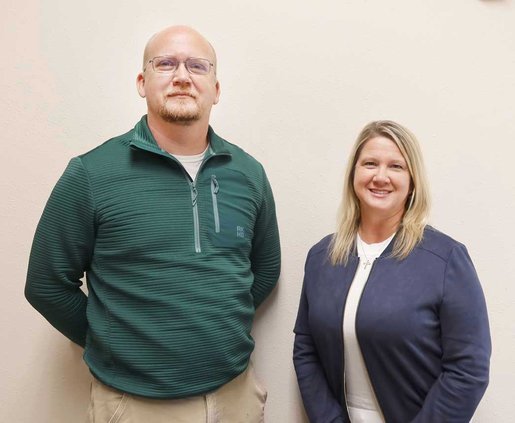Over the past few years, numerous settlements have been reached in an effort led by state attorney generals to hold pharmaceutical manufacturers, distributors and pharmacies accountable for the role they played in the opioid crisis that continues to impact communities across the nation.
Three years of negotiations addressing more than 4,000 claims from state and local governments concluded in July 2021, with settlements involving pharmaceutical distributors Cencora, Cardinal Health, McKesson and Johnson & Johnson.
This became the second-largest multistate agreement in U.S. history, after the 1998 Tobacco Master Settlement Agreement, which required major tobacco companies to pay billions to states for smoking-related health costs and imposed new restrictions on cigarette advertising.
Initial settlements were followed by others with pharmacies and manufacturers, including CVS, Walgreens, Walmart, Teva and Allergan. Negotiations continue with generic drug manufacturers and Purdue Pharma.
So far, the settlements have allocated more than $50 billion to state governments nationwide. Iowa is expected to receive approximately $519 million over multiple years. Settlement proceeds will be divided 50 percent to the Iowa Abatement Fund and 50 percent to local governments.
Funds must be used only for opioid-related expenditures outlined in Exhibit E of the Iowa Opioid Allocation Memorandum of Understanding, which was developed by Iowa’s Attorney General in partnership with the Iowa Department of Health and Human Services and University of Iowa Health Care.
At least 75 percent of the funding must be directed toward core strategies such as expanding treatment, prevention, recovery and training programs. Administrative costs cannot exceed 2.5 percent and local governments must submit annual reports detailing expenditures, programs and outcomes.
As a result of the settlements, the Clayton County Board of Supervisors created the Opioid Settlement Funds Committee to develop recommendations for how to best utilize the county’s funds. Committee members include Jessica Goltz, Adam Sadewasser, Steve Doeppke, Courtney Vorwald and Mark Kautman.
Goltz said the committee’s focus was on prevention and early intervention. “We talked about what organizations in our area are already doing this work that we can support to help them maintain,” she said. “We also asked what are some innovative ways we can use the funds.”
Through discussion, the committee learned common uses in other counties such as Narcan dispensers or needle-drop boxes were not a priority locally because those services already exist.
At the supervisors’ meeting on July 29, the board approved allocations of $38,150 to Seva Health and $37,500 to Substance Abuse Services for Clayton County.
Seva Health was founded in 2021 by Goltz, who has worked in various areas of health care for more than 20 years, including women’s health, family practice, community education and leadership development, as well as in public education as a mental health specialist.
The nonprofit’s mission is to provide an integrative approach to mental health for Clayton County’s rural communities. Seva’s health and wellness coaches are board-certified through the National Board for Health & Wellness Coaching.
Seva Health supports youth referred through juvenile court systems or identified with learning disabilities through one-on-one tailored programs. It also provides educational sessions on mental-health topics customized to a group’s needs.
With the additional funding, Seva Health hired a second part-time staff member, a physical therapist and certified athletic trainer with more than 20 years of experience to teach youth about pain management and preventing opioid addiction related to sports injuries.
Substance Abuse Services for Clayton County, founded in 1981, is a local private nonprofit governed by a nine-member board. The agency provides substance-use evaluations, consultation, prevention and informational programming.
Adam Sadewasser, prevention coordinator for 15 years, visits schools throughout Clayton County to teach the Life Skills and All Stars programs, which focus on preventing alcohol, drug and tobacco use, violence and premature sexual activity among middle-school youth, while also building self-management and social skills.
Sadewasser said he measures impact through the number of students reached and changes reflected in survey data. “When I do a class, I utilize pre- and post-course surveys to see students’ beliefs, attitudes and 30-day use to get an idea of whether they’re consistent or changing,” he said.
At the supervisors’ meeting on Aug. 26, the board also approved $25,755 in settlement funds for the installation of a padded safety cell at the Clayton County Jail by Marathon Engineering Corporation.
The new cell will be used when dealing with individuals in crisis due to substance use or mental health issues as well as combative or violent inmates.
Currently, a restraint chair is used in such situations. The padded cell will provide a safer, less restrictive environment for both jail staff and inmates.
As additional settlement payments are allocated in coming years, the committee and supervisors plan to continue directing funds toward early intervention and prevention in Clayton County.
“We want to reach people before they get to the point of crisis,” Goltz said. “This funding allows us to strengthen the people and programs already filling critical gaps in our communities.”





